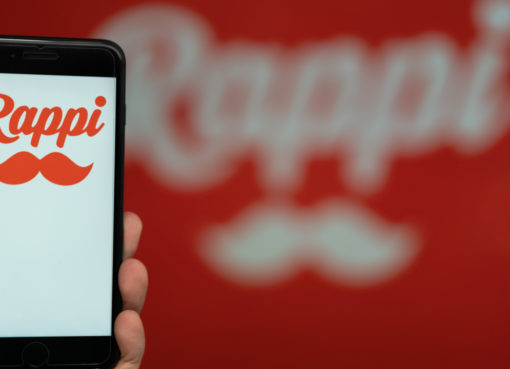The IOTA Foundation announced a major contribution to the Imperial College. The non-profit organization based in Europe donated £1 million to the world-renown academic institution to research potential improvements to the circular economy supported by decentralized ledger technology (DLT).
Related Reading | Why IOTA Was Chosen By The European Union To Develop Blockchain Solutions
According to the Ellen MacArthur Foundation, the circular economy contemplates a transformation of the world’s economic model to reduce or eliminate the production of waste. Thus, economic agents would adopt a “system solution framework” to prevent negative impacts on the environment.
The ultimate goal would be for humans to reduce waste and pollution from the production and supply chain and aid “nature to regenerate” itself. The Ellen MacArthur Foundation explains it as follows:
A circular economy decouples economic activity from the consumption of finite resources. It is a resilient system that is good for business, people and the environment.
In that sense, the IOTA Foundation and the Imperial College will collaborate to create an entity that will conduct research to promote the circular economy. Called the I3-LAB or Imperial-IOTA-Infrastructures Lab, the research facility will be located within the Dyson School of Design Engineering in London.
The lab will be comprised of prestigious academic faculty from this engineering school, including Professor of Cyber-Physical Systems and Deputy Director of the Dyson Robert Shorten. With a specialization in smart mobility, smart cities, sharing economy, and DLT, Shorten seems the right person to lead the initiative.
Via his Twitter account, IOTA founder Dominik Schiener stated the following while celebrating the crypto industry’s influence to improve issues that affect people while creating real-world use cases:
Many of us have joined crypto because we truly believe in the positive impact that we can have. We are here to decentralize, to empower and to create opportunities for everyone. Let’s use the money, knowledge and communities we have to accelerate that impact.
IOTA Makes Push To Support Sustainable Economy
As Schiener clarified, the developments that will come out of this Circular Economy Lab will be open source and everyone will have access. In that sense, he invited the IOTA community to take part in the initiative and added:
This will be the first of many philanthropic activities from the IOTA Foundation. Let’s accelerate our impact, together.
The Foundation also revealed that its contribution to the Imperial College will support doctoral studentships, and postdoctoral fellowships for those researchers interested in topics related to sustainable business models, tokenization, and more.
The non-profit organization also claimed that selected projects will require cooperation between researchers, local entrepreneurs, and authorities. Thus, DLT will be leveraged to resolve a wide variety of environmental challenges. Peter Cheung, Head of the Dyson School of Design Engineering said:
We are incredibly grateful to the IOTA Foundation for their support. Innovation in sustainable growth is one of the key research themes for the Dyson School and this grant will bring new impetus to research on the technological drivers of the circular economy.
Related Reading | IOTA to Release Smart Contract Network ‘Assembly’ And Distribute ASMB Token
As of press time, MIOTA trades at $0.87 with sideways movement in the past 24 hours. The cryptocurrency has been following the general trend in the crypto market as it revisits support after BTC’s price was rejected at critical resistance.




